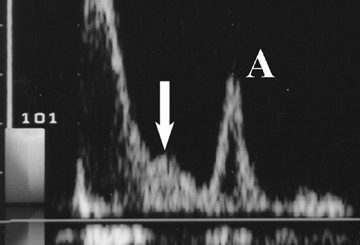Medicine MCQs – 9
Contents
- 1 What is the most common tissue elements in dermoid cyst?
- 2 What is the most common complication of dermoid cyst?
- 3 Which is the commonest functional cysts in ovary?
- 4 Rokitansky’s protuberance seen in which of the following cases?
- 5 Pseudo Meigs syndrome constitutes all of the following EXCEPT -
- 6 Meigs’ syndrome has all of the following EXCEPT
- 7 Pseudo-pseudo Meigs' syndrome is associated with -
- 8 Which is the largest benign ovarian tumor?
- 9 Walthard cell nests most commonly found in
- 10 Walthard cell rest found in -
What is the most common tissue elements in dermoid cyst?
Most common tissue elements are ectodermal
What is the most common complication of dermoid cyst?
Torsion is the most common (15–20%)
Rupture is an uncommon (1%) complication
Malignancy is rare - about 1–2 percent
Which is the commonest functional cysts in ovary?
Follicular cyst is the commonest functional cysts.
Rokitansky’s protuberance seen in which of the following cases?
Rokitansky nodule or dermoid plug refers to a solid protuberance projecting from an ovarian cyst
Rokitansky’s protuberance
- Dermoid cyst of ovary
- Area of solid projection called Rokitansky’s protuberance which is covered by skin with sweat and sebaceous glands.
- It is here that teeth and bones are found.
- Section should be made from this area
Pseudo Meigs syndrome constitutes all of the following EXCEPT -
Pseudo Meigs syndrome: Ascites and pleural effusion in a patient with pelvic or abdominal tumor (other than the benign tumors included in the definition of Meigs syndrome). The tumors in pseudo-Meigs syndrome could be benign or malignant.
Meigs’ syndrome has all of the following EXCEPT
Meigs’ syndrome:
Ascites
Right side hydrothorax
Benign ovarian tumor -fibroma of the ovary, Brenner, thecoma and granulosa cell tumor
Pseudo-pseudo Meigs' syndrome is associated with -
Tjalma syndrome or pseudo-pseudo Meigs' syndrome
characterized by
- pleural effusion,
- ascites
- elevated CA-125
- with no associated benign or malignant ovarian tumor
-Seen in a patient with systemic lupus erythematosus (SLE).
Which is the largest benign ovarian tumor?
MUCINOUS CYST ADENOMA
Walthard cell nests most commonly found in
Walthard cell nests, are a benign cluster of epithelial cells most commonly found in - Most commonly found in Fallopian tubes, but also seen in the mesovarium, mesosalpinx and ovarian hilus
Walthard cell rest found in -
Histologically islands of transitional epithelium - Walthard nests.





